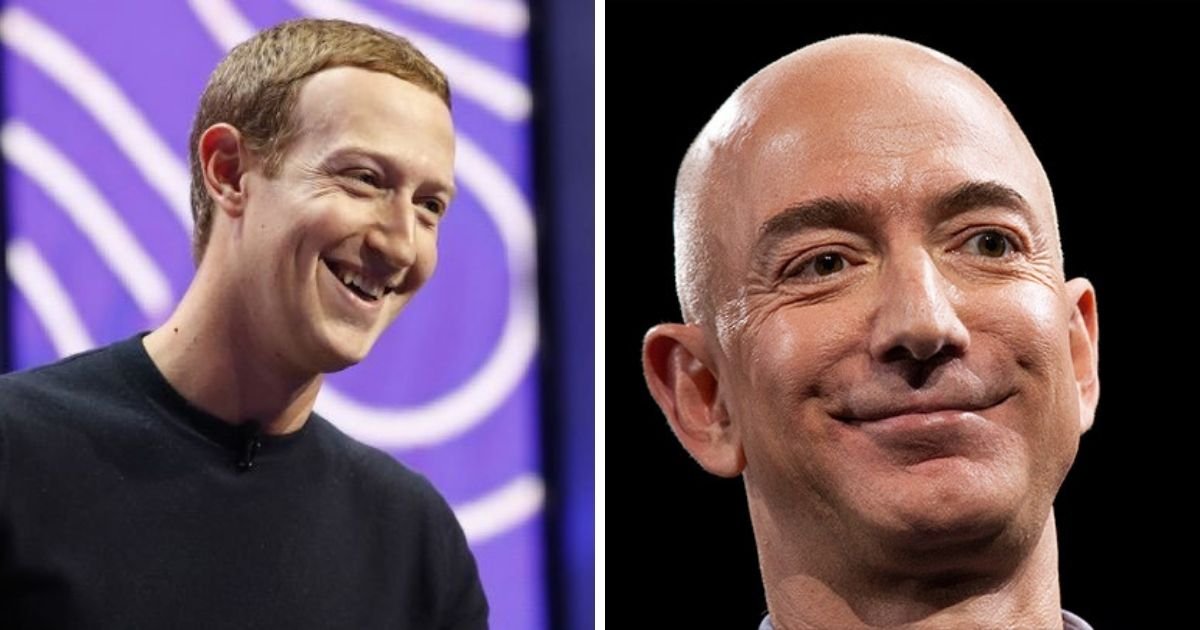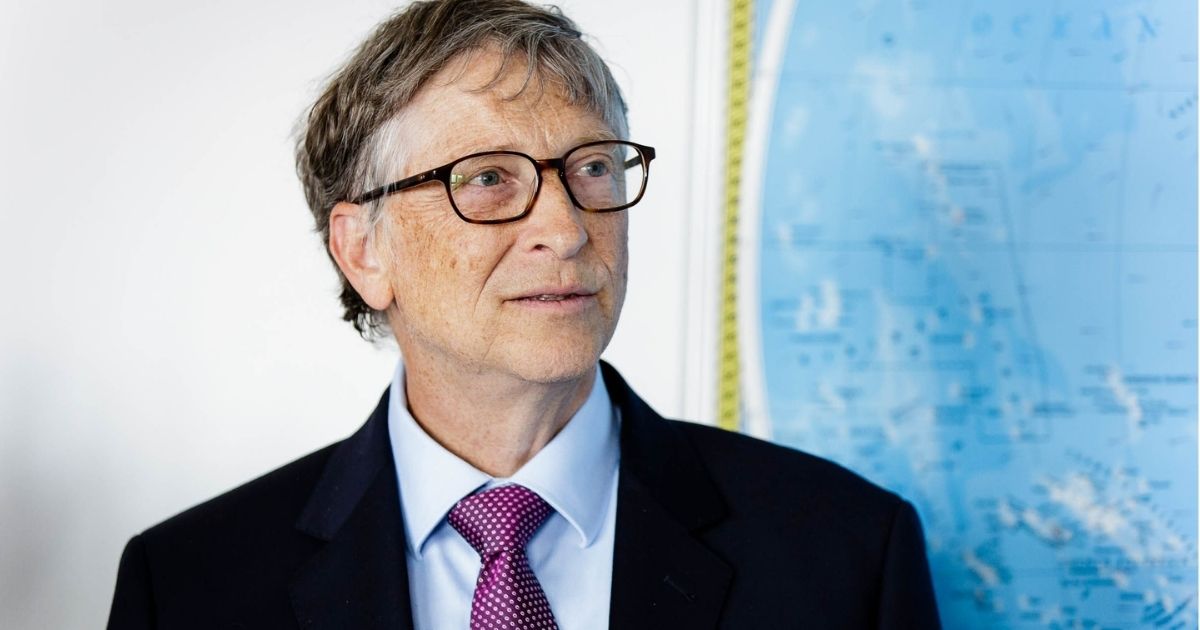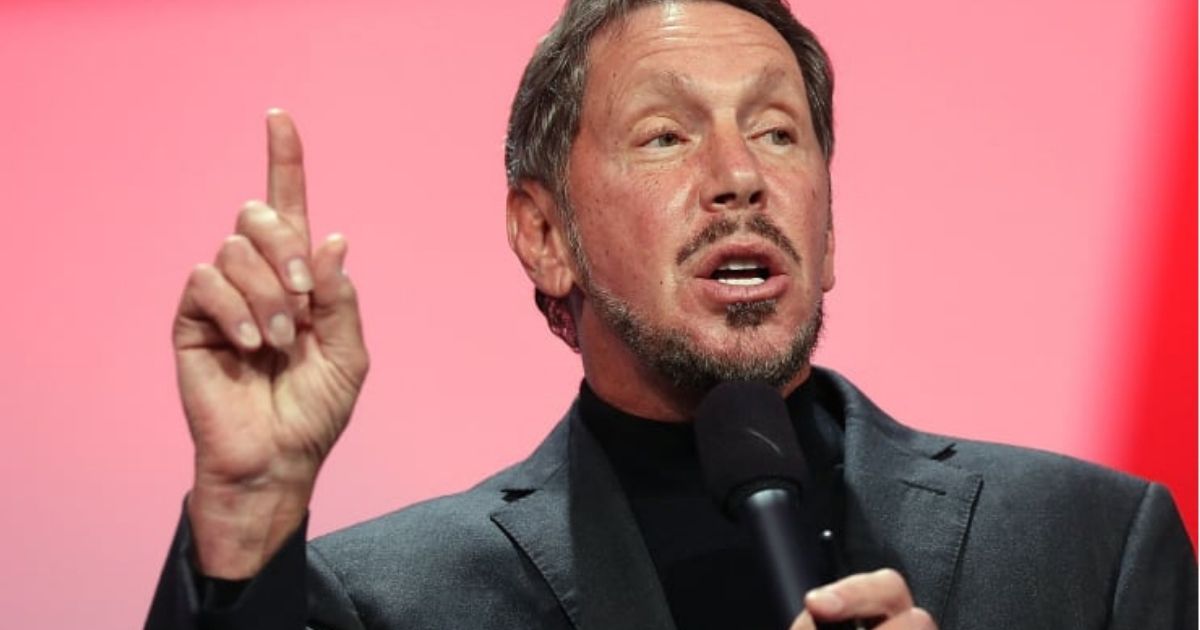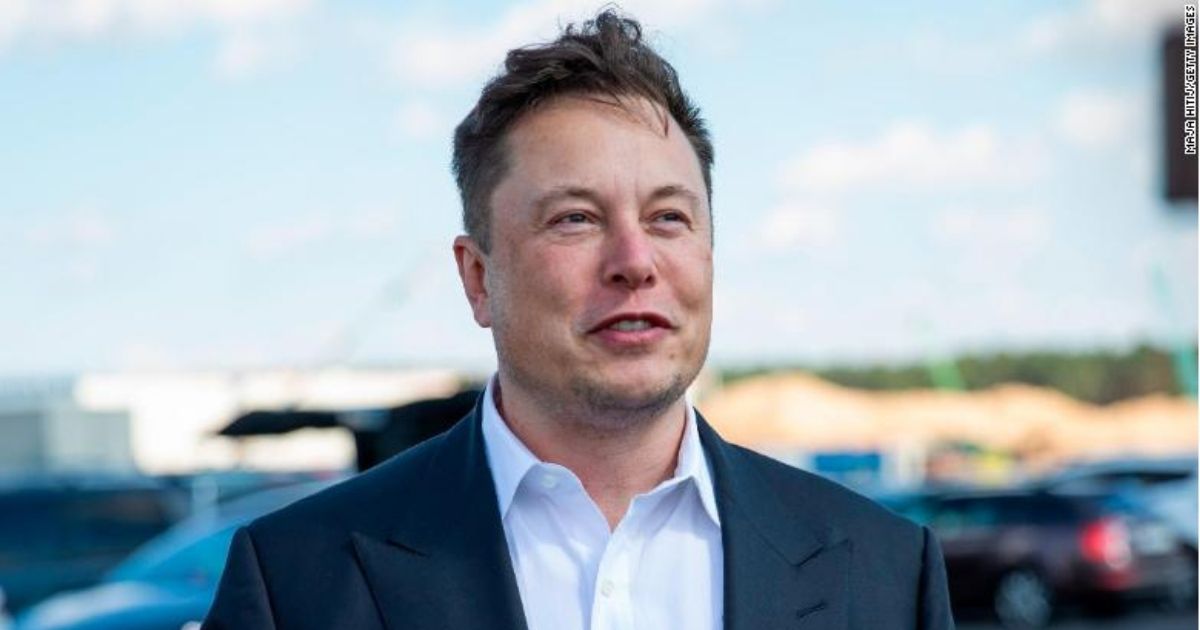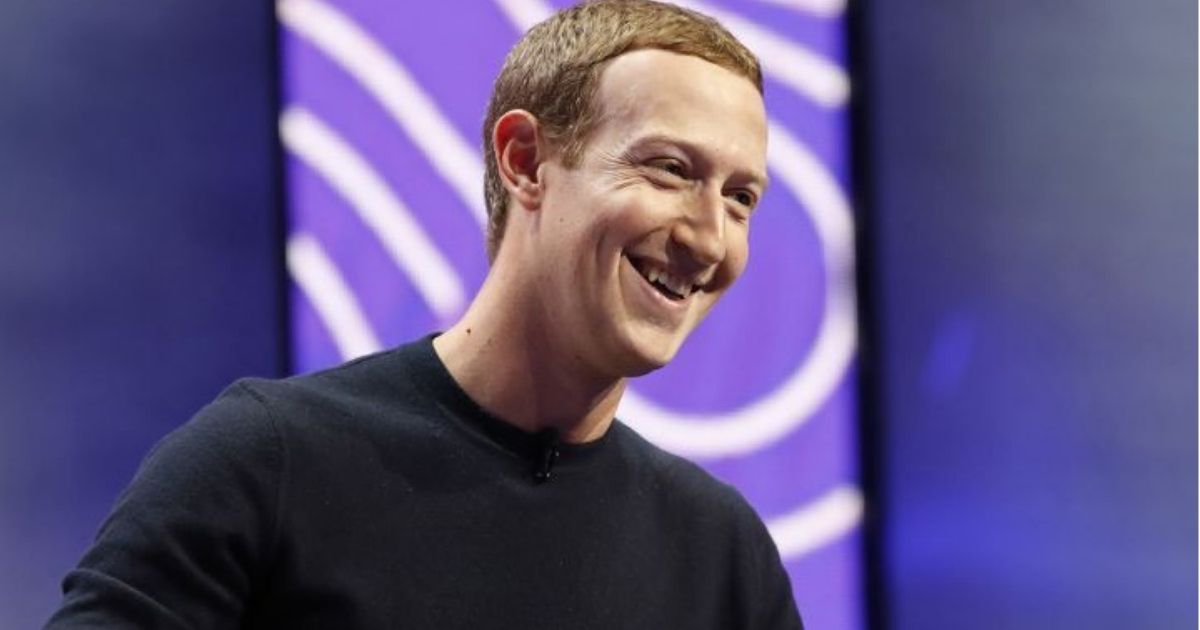Bezos, Gates, Zuckerberg, and the rest of US billionaires saw their fortunes skyrocket over the past six months since March, while millions of Americans are now earning less than they were before the worldwide health crisis began, according to a new study.
According to the Institute for Policy Studies’ latest Billionaire Bonanza report, wealth inequality shows the 643 wealthiest Americans have gathered in an enormous $845 billion in combined assets between March 18 and September 15, increasing their combined wealth by 29%.
The study notes that the swift rise of wealth has increased the total net worth among the country’s top earners from $2.95 trillion to $3.8 trillion. The list of highest earners includes Oracle CEO Larry Ellison, Tesla CEO Elon Musk, and former New York City Mayor Michael Bloomberg. The study is based on individuals’ net worth data tracked by Forbes.
Chuck Collins, director of the Institute for Policy Studies’ Program on Inequality, who co-authored the report, stated he was somewhat shocked by the figures, adding that the coronavirus crisis is “supercharging America’s existing inequalities.”
“I would have thought maybe six months into this that things would have shaken out — that everybody would take a hit,” Collins said to CNN Business. “The difference is stark between profits for billionaires and the widespread economic misery in our nation. It sort of dramatizes the unequal sacrifice and profiteering element of the wealth accumulation at the top.”
Collins also noted the Covid-19 economy’s stark opposite effect on the average American worker.
Six months into the pandemic, Collins has been surprised by how unequal the economic burden has been on the poor and middle class vs. the wealthy when compared to the Great Recession. He said Congress must fix what’s broken with policy solutions that favor working Americans instead of the investment class. Otherwise, he said the ongoing wealth concentration will transform America is terrible, irreparable ways.
“A few people are going to have an extreme amount of power to shape the economy, politics, the media,” Collins said. “None of us are going to want to live in a society like that, where your Main Street no longer has 100 shops. It just has an Amazon loading depot.”
The coronavirus pandemic is in the worst unemployment crisis since the Great Depression, with the unemployment rate hitting 14.7% in April before rebounding to 8.4% in August. The United States is still down 11.5 million jobs since February.
Claims for unemployment benefits may have come down, but remains more than four times higher than the pre-pandemic level.


